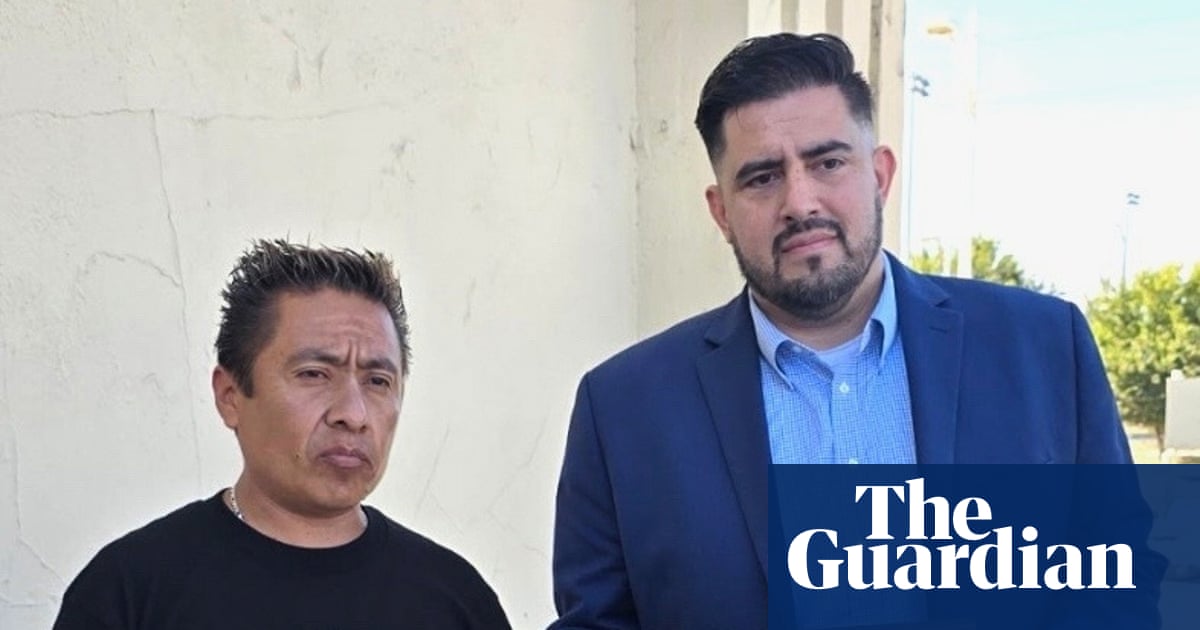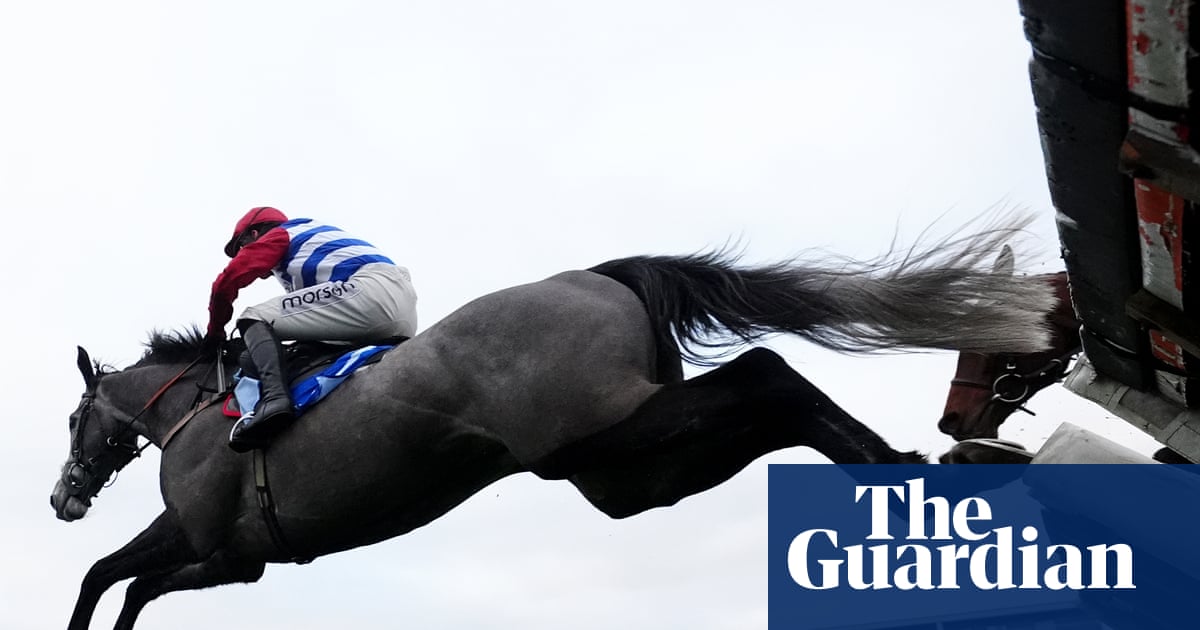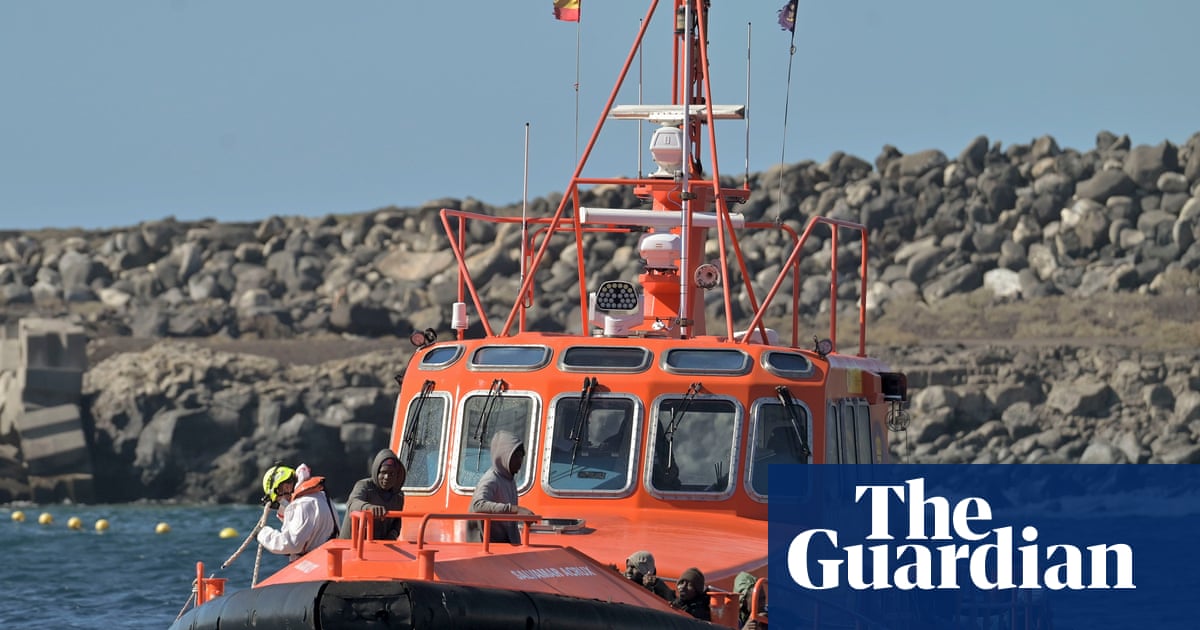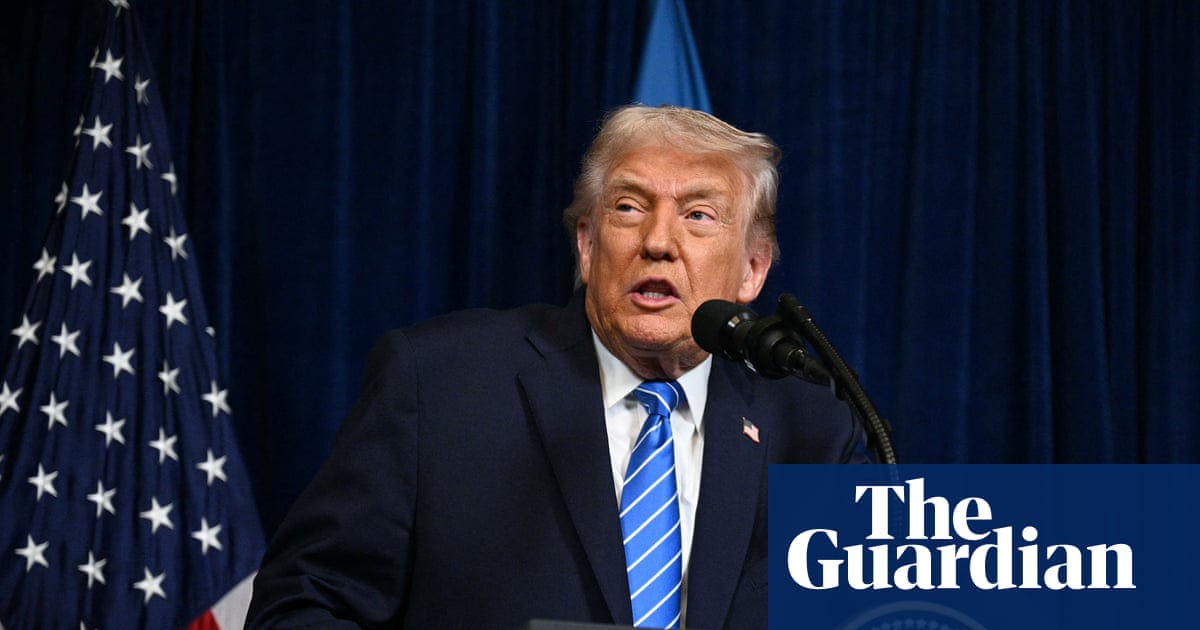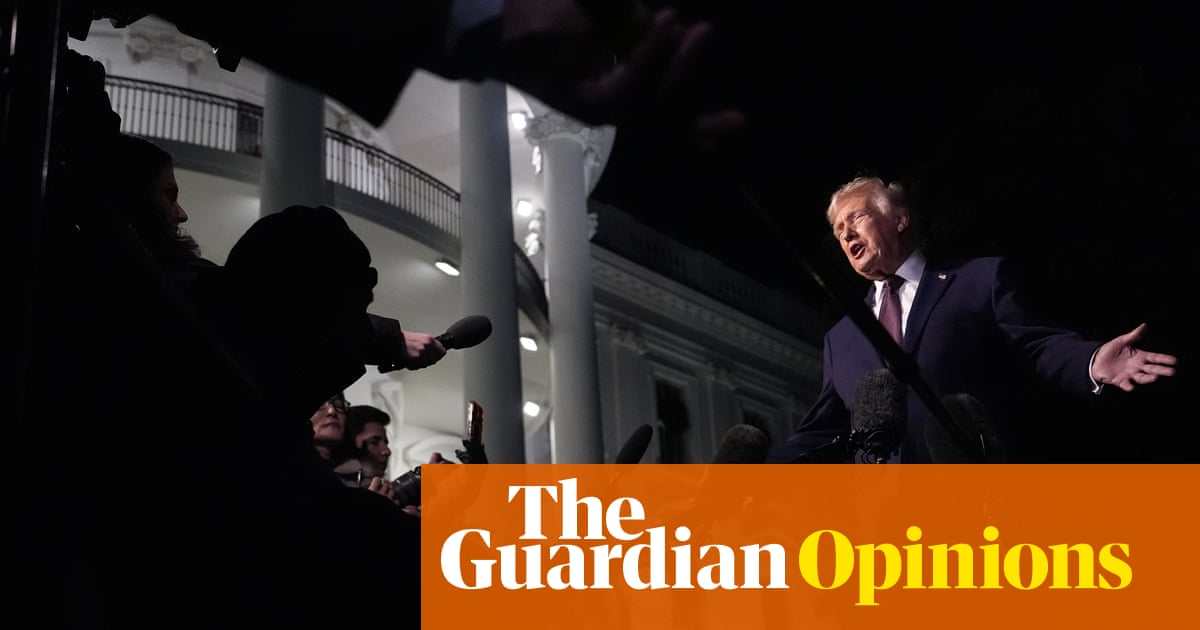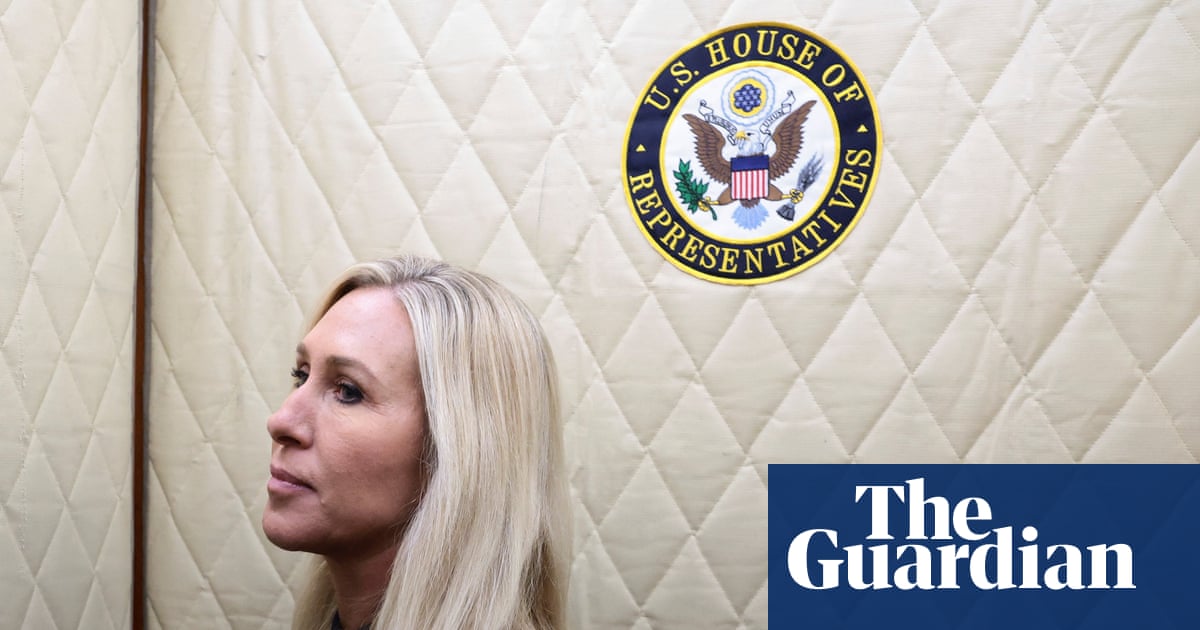China has urged Papua New Guinea not to sign a treaty that could restrict or prevent it from cooperating with another country, days after Australia failed to secure a defence pact with the Pacific nation.
In a statement on Facebook late on Thursday, the Chinese embassy in Papua New Guinea said it respected the country’s “right to conclude a bilateral treaty with other countries on a voluntary basis”.
“However, such a treaty should not be exclusive in nature, nor should it restrict or prevents a sovereign country from cooperating with a third party for any reason. It should also refrain from targeting any third party or undermining its legitimate rights and interests.
“We hope that the PNG side will continue to uphold independence and self-reliance, properly handle issues bearing on its sovereignty and long-term interests,” it said.
The statement comes after Australia and its former colony were expected this week to ratify the Pukpuk mutual defence treaty. But Australia’s prime minister, Anthony Albanese, left Port Moresby on Wednesday without signing the deal with his counterpart, James Marape. Instead, Albanese sealed a communique that laid out the wording of the pact after Papua New Guniea’s cabinet failed to agree to the deal.
Albanese said the text of the defence agreement had been confirmed but both governments had more work to do. If signed, the treaty is expected to lock the two countries into joint defence arrangements in the event of a military attack, and to allow citizens of both countries to serve in the defence forces of the other.
“We will go through our respective cabinet processes and expect to finalise the signing of the treaty, the words of which have been agreed, in coming weeks,” Albanese told a press conference in Port Moresby on Wednesday.
Speaking to the Guardian, politicians and several prominent ex-military figures in Papua New Guinea have expressed reservations about the defence deal, arguing that it could impinge on the country’s independence.
The leader of the opposition, Douglas Tomuriesa, said Papua New Guinea “needs strong partnerships but not at the cost of our constitutional authority, legal protections for our citizens or independent decision-making”.
In a statement, Tomuriesa said he welcomed cooperation to strengthen the defence force but any arrangement must contain safeguards and “review mechanisms to keep sovereignty intact”.
Retired major general Jerry Singirok, commander of the Papua New Guinea defence force during the 1990s, described the treaty as a “violation” of the constitution. He noted that Papua New Guinea had an “important principle … of not being aligned to any countries in the face of threat”.
“Because our foreign policy says that we are friends to all and enemies to none,” he said. “China is not a threat or enemy to Papua New Guinea. It’s [as] simple as that. This is the superpower rivalry in the region against smaller Pacific states.”
Former Papua New Guinea defence force (PNGDF) commander Maj Gen Gilbert Toropo agreed there were “competing interests in the region”. He said Papua New Guinea “stands in the crossroads of the region … where Papua New Guinea is going to be the playground for our big players”.
Toropo said Australia and Papua New Guinea should forge stronger ties, but not at the expense of his country’s “freedom to engage with other countries”.
“As a sovereign nation, we should have the flexibility to reach out to the rest of the world for our prosperity,” he said, adding that every Papua New Guinean should be consulted and made aware of the treaty’s contents.
Peter Ilau, PNGDF commander between 2001 and 2010, emphasised that Papua New Guinea could not compromise its sovereignty because of a “nice looking decree” that appeared to cover “all aspects of friendship, partnership, traditional friends”.
Analysts have also joined the call for the deal not to be rushed through, as former commander Singirok urged Papua New Guinea to consider alternative ways to strengthen the alliance.
“We have a very good close relationship with Australia,” he said. “But I’m sure there are other ways to develop our capabilities without absorbing our military into the Australian army.”

 3 months ago
50
3 months ago
50

